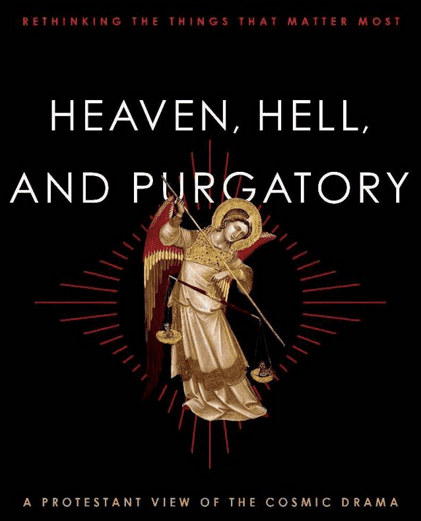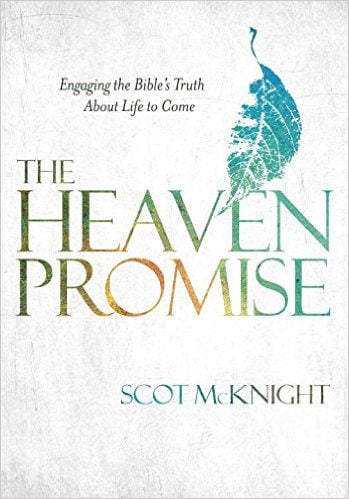 No one in the world has thought more about heaven, hell and purgatory than Jerry Walls. He has an academic, but accessible, book on each topic and now he has brought all his thinking together in one far more accessible, rearranged book called Heaven, Hell, and Purgatory: A Protestant View of the Cosmic Drama. Just a few introductory thoughts today on these topics:
No one in the world has thought more about heaven, hell and purgatory than Jerry Walls. He has an academic, but accessible, book on each topic and now he has brought all his thinking together in one far more accessible, rearranged book called Heaven, Hell, and Purgatory: A Protestant View of the Cosmic Drama. Just a few introductory thoughts today on these topics:
First, the importance of heaven and hell — not the importance of thinking about them but the importance of the “places”:
This book deals with the most important questions you will ever think about, questions that every sane person must care about. You can deny that heaven and hell are real, but you cannot rationally be indifferent about the matter. Given what is at stake, the only sensible attitude is to care, and to care deeply (11).
Some have declared a boom-boom on the topics, thinking them unworthy of moderns and postmoderns with their claim to eternal salvation in a life beyond, while others have dismissed them by claiming they are nothing but speculation, while others have said it’s far more important to care about life now than life in the afterlife. Say it as you will, heaven remains fascinating:
But I want to emphasize that there is far more involved here than mere fascination. Indeed, fascination can be nothing more than curiosity at the unusual or the entertaining, the mysterious, and even the bizarre. Certainly, much that is written about heaven and hell is sensational and appeals to these tendencies. Moreover, popular writing about the afterlife is often sentimental, simplistic, and emotionally manipulative (14). [but]
… the Christian doctrines of the afterlife involve a set of profoundly substantive truth claims with explosive implications (14).
Walls thinks heaven and hell strike at the heart of Christian orthodoxy!
Indeed, I think it is especially incumbent on all who profess orthodox Christianity to remain true to these remarkable doctrines and their far-reaching implications. I find it ironic that contemporary theologians sometimes wax eloquent about the radical nature of Christian theology or the truth of the Christian narrative but become mute or tentative when the issue of heaven is broached. The Christian story is extraordinary, to be sure, but it is radically incomplete and ultimately unsatisfying without a robust doctrine of the afterlife, and one simply cannot seriously affirm Trinity, incarnation, atonement, and resurrection without going on to heartily affirm “the life everlasting” (15, italics added).
Which issues matter then?
In particular, I believe these doctrines are most pertinent to such perennial issues as the problem of evil, the nature of personal identity, the foundations of morality, and, ultimately, the very meaning of life (16).














